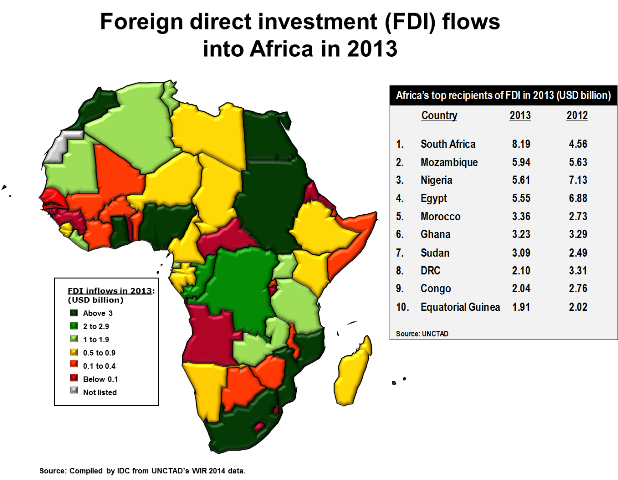
Scotland’s First Minister Nicola Sturgeon speaks at the public Question and Answer event with EU nationals living in Scotland, at the Corn Exchange, Edinburgh, Scotland August 17, 2016. REUTERS/Russell Cheyne
By Elisabeth O’Leary
Scotland’s First Minister Nicola Sturgeon launched a new independence drive on Friday, urging supporters to join the country’s “biggest ever political listening exercise” to gauge public appetite for a new referendum.
Two years after Scots voted by 10 percentage points to reject independence, Sturgeon told her Scottish National Party (SNP) that Britain’s vote to leave the European Union had radically changed the debate.
“This summer we witnessed seismic changes which will have a deep impact on our ambition for this country,” Sturgeon told an SNP gathering in Stirling.
“The UK that existed before June 23 has fundamentally changed,” she said.
The prospect of a long period of Conservative rule in Westminster – the main opposition Labour Party is currently embroiled in a bitter leadership battle and well behind the governing Conservatives in opinion polls – meant a new debate on Scotland’s future was needed.
“To ensure that the voice of everyone in Scotland is heard in these changed times, I am today launching Scotland’s biggest ever political listening exercise,” Sturgeon said.
“The debate must include an examination of independence.”
Scotland voted 62 percent to 38 to remain in the EU in the June 23 Brexit referendum, putting it at odds with Britain as a whole which voted to leave. The SNP says EU membership was a key factor in Scottish voters’ decision to remain a part of Britain.
The SNP will deploy its 120,000 party members to ask voters door-to-door how they feel, and what could be done differently to win a future vote on independence. One area of concern for voters during the 2014 Scottish referendum was the state of the economy and what currency an independent Scotland should use.
Official data released by the Scottish government in August showed Scotland’s yawning fiscal deficit had hit 9.5 percent, more than twice that of Britain as a whole, due to the low oil price. That would make balancing the books difficult without unpopular austerity measures which the SNP opposes.
Despite the “no” to independence in 2014, the campaign galvanized the SNP, which now has 56 of the 59 seats allocated to Scotland in the British parliament in London.
A YouGov poll published a week after the Brexit vote however showed most Scots still wanted to remain a part of Britain, by 53 to 47 percent. A YouGov poll in the Times newspaper on Friday put support for remaining at 54 percent to 46 percent.


